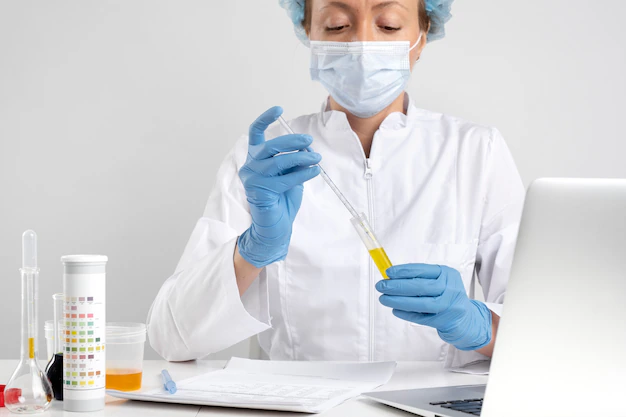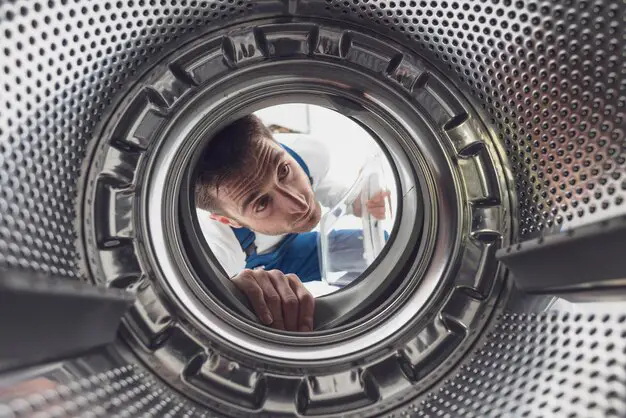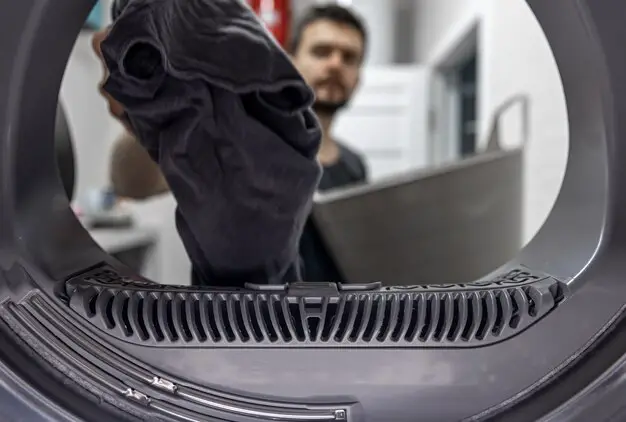In the realm of healthcare, early detection remains a cornerstone in the fight against various diseases, especially cancer. Colorectal cancer stands as one of the leading causes of cancer-related deaths worldwide. However, advancements in medical technology have introduced a revolutionary screening tool known as Cologuard, offering a non-invasive, efficient, and accurate method for detecting colorectal cancer and precancerous growths. This article delves into the positive impact of Cologuard in transforming cancer testing and potentially saving countless lives.
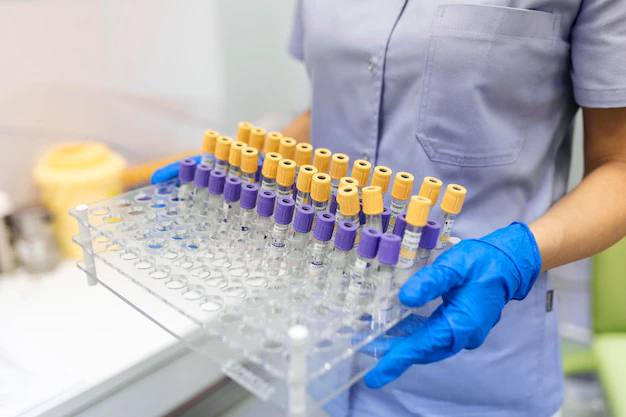
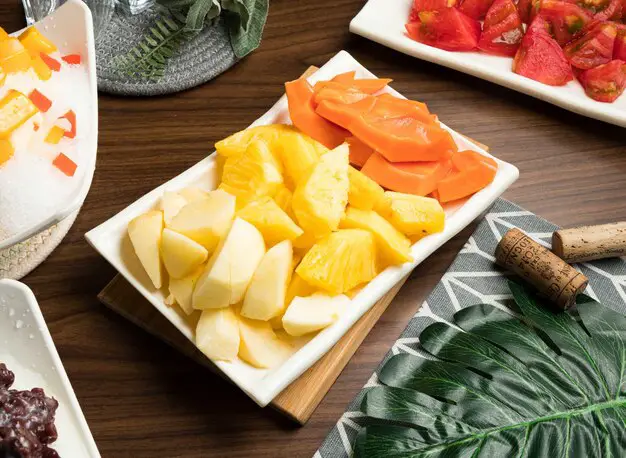
Table of Contents
Understanding Colorectal Cancer
Colorectal cancer affects the colon or rectum and typically begins as a growth called a polyp on the inner lining of the colon or rectum. Over time, some polyps can become cancerous, leading to potentially life-threatening conditions if not detected and treated early.
Introduction to Cologuard
Cologuard is an FDA-approved, non-invasive colorectal cancer screening test developed by Exact Sciences. Unlike traditional screening methods like colonoscopies, Cologuard doesn’t require bowel preparation or dietary restrictions. Instead, it involves collecting a stool sample at home using a specialized kit.
How Cologuard Works
The Cologuard test identifies cancerous and precancerous cells by analyzing DNA biomarkers and detecting blood in the stool. Patients receive a kit containing a collection container and detailed instructions on how to collect and send the stool sample to a certified laboratory for analysis.
The Advantages of Cologuard
- Non-Invasive Nature: Unlike colonoscopies, which can be invasive and uncomfortable, Cologuard offers a non-invasive option for screening, making it more accessible and less intimidating for many patients.
- Convenience and Accessibility: Patients can collect the sample in the comfort of their homes, eliminating the need for hospital visits or sedation, thereby promoting increased participation in screening.
- High Accuracy: Cologuard has demonstrated high accuracy in detecting colorectal cancer and precancerous growths, providing reliable results that aid in early intervention and treatment.
- Early Detection and Prevention: The ability to detect cancerous and precancerous cells early enhances the chances of successful treatment and potentially prevents the development of advanced-stage cancers.
Effectiveness and Clinical Trials
Clinical trials have shown promising results regarding Cologuard’s effectiveness. Studies have indicated that Cologuard has a high sensitivity in detecting colorectal cancer and a relatively low rate of false positives, reducing unnecessary follow-up procedures.
Importance of Early Detection
Early detection of colorectal cancer significantly increases the chances of successful treatment and improved outcomes. With Cologuard’s ability to detect abnormalities early, individuals have a higher chance of undergoing timely interventions, potentially preventing the progression of cancer.
The Role of Cologuard in Public Health
Cologuard plays a crucial role in public health initiatives aimed at reducing the incidence and mortality rates of colorectal cancer. Its non-invasive nature and high accuracy make it an invaluable tool in widespread screening efforts, particularly among individuals who might be hesitant to undergo invasive procedures like colonoscopies.
Considerations and Recommendations
While Cologuard presents a groundbreaking advancement in cancer screening, it’s essential to acknowledge its limitations. A positive Cologuard result doesn’t confirm cancer but indicates the need for further diagnostic testing, typically through a colonoscopy, to confirm the presence of cancer or precancerous conditions.
Absolutely incorporating certain foods into your diet can potentially reduce the risk of colorectal cancer. A well-balanced diet rich in fiber, antioxidants, and nutrients plays a crucial role in maintaining gut health and reducing the risk of developing colorectal cancer. Here are some foods known for their potential in lessening the risk:
High-Fiber Foods
- Whole Grains: Foods like brown rice, whole-grain bread, quinoa, and oats are high in fiber, promoting healthy digestion and reducing the risk of colorectal cancer.
- Legumes: Beans, lentils, and chickpeas are excellent sources of fiber, aiding in regular bowel movements and maintaining colon health.
Fruits and Vegetables
- Cruciferous Vegetables: Broccoli, cauliflower, cabbage, and Brussels sprouts contain compounds that may help protect against colorectal cancer.
- Leafy Greens: Spinach, kale, and Swiss chard are rich in antioxidants and fiber, supporting a healthy gut.
- Berries: Blueberries, raspberries, and strawberries are packed with antioxidants that help combat inflammation and oxidative stress.
Omega-3 Fatty Acids
- Fish: Fatty fish like salmon, mackerel, and sardines are rich in omega-3 fatty acids, which have anti-inflammatory properties and may lower the risk of colorectal cancer.
Calcium-Rich Foods
- Dairy: Low-fat or fat-free dairy products like milk, yogurt, and cheese are good sources of calcium, which might have a protective effect against colorectal cancer.
- Leafy Greens and Fortified Foods: Collard greens, kale, “alugbati” in Spanish or Espinaca de Malabar (or Malabar spinach), “camote tops” in Spanish or sweet potato greens, and fortified foods like tofu or orange juice can also contribute to calcium intake. refrain drinking juices on an empty stomach, it’s always best to do so after having a meal when you are full. Its best to drink juice on a full stomach to help your body be able to regulate the sugar levels accumulated when you feed your body and thereby preventing a sugar crash– that is if you care enough for your physique and you that is if you would still like to be around longer for your family. And lastly, fruits are best eaten and its nutrition best bestowed on your cognitive and physique versus having juices to drink or transformed into fruit juices. Have fresh fruit juices in moderation– focus more on eating fish, “lamas” fresh condiments (onions, garlic, tomato and ginger) and plant-based foods if you pursue to live longer and have a much healthier life. Instead of feasting your visual senses on the grocery stores weekly, why not indulge in going to the wet market often and opt for fresh organic produce. You not only help the environment and the locals but most of all you are learning to love yourself better to have a healthier lifestyle in the process.
Reducing Red and Processed Meat Consumption
Limiting the intake of red meat, especially processed meats like bacon, sausage, and hot dogs, may help reduce the risk of colorectal cancer. If consumed, it’s advisable to opt for lean cuts and limit portions.
Hydration and Moderation
Ensuring adequate hydration by drinking plenty of water throughout the day is vital for overall health, including maintaining a healthy digestive system. Additionally, practicing moderation in alcohol consumption and avoiding tobacco products can also contribute to lowering the risk of colorectal cancer.
Conclusion
While no single food or diet can guarantee the prevention of colorectal cancer, incorporating a variety of these nutrient-rich foods into your meals can contribute to overall health and potentially reduce the risk of developing colorectal cancer and any diseases. Pairing a balanced diet with regular exercise and healthy lifestyle choices forms a powerful foundation for reducing the risk of various cancers, including colorectal cancer. Always consult with a healthcare professional for personalized advice on diet and cancer prevention strategies.
Cologuard stands as a game-changer in the realm of cancer screening, offering a convenient, accurate, and non-invasive method for detecting colorectal cancer and precancerous growths. Its ability to encourage more individuals to undergo regular screenings and detect abnormalities at an early stage holds immense potential in reducing colorectal cancer-related mortality rates. As technology continues to evolve, Cologuard serves as a beacon of hope, emphasizing the significance of early detection in combating colorectal cancer and improving overall public health outcomes.
